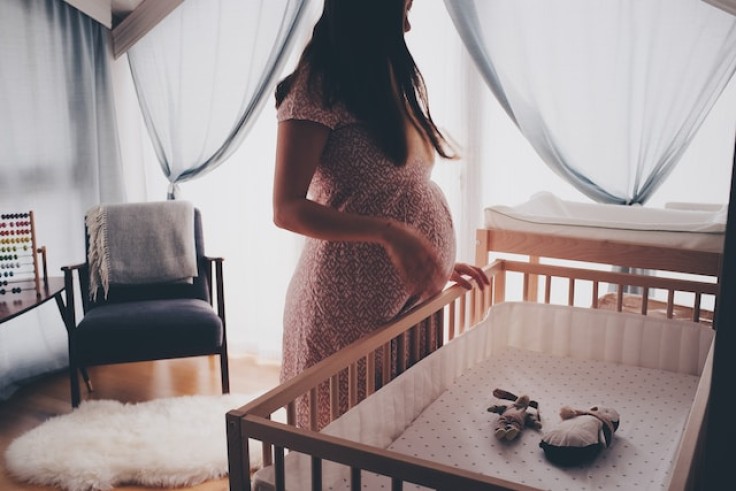
Pregnancy, an exciting journey for many women, brings about significant physical changes. A common phenomenon during pregnancy is cramping. Although often harmless, the presence of cramps can sometimes indicate potential complications, according to American Pregnancy Association.
Typically, cramping during pregnancy can be compared to the sensation of menstrual cramps. According to the Cleveland Clinic, 'round ligament pain' can happen when the uterus grows to make room for the growing baby. When the fertilized egg connects to the lining of the uterus, this is called implantation. This can cause cramping in the early stages of pregnancy. Sometimes, sexual activity, being dehydrated, or doing a lot of physical work can also cause light, temporary cramps that are usually nothing to worry about.
Recognizing Abnormal Cramming
Although many instances of cramping are harmless, it's essential to discern when the cramping may be indicative of a more severe condition. Typically, abnormal cramping persists, intensifies, and frequently comes with additional unsettling symptoms. Preterm labor, characterized by regular contractions (which might feel like cramping), a sensation of pelvic pressure, lower back pain, changes in vaginal discharge, or abdominal discomfort, often manifests before the 37th week of pregnancy.
If these symptoms appear, it's imperative to seek immediate medical assistance. Another cause for concern is an ectopic pregnancy, a life-threatening condition in which the fertilized egg implants outside the uterus. Severe abdominal pain, often on one side, spotting, dizziness, or shoulder pain might indicate this condition. Intense cramping, which frequently comes with heavy bleeding, could also be a sign of a miscarriage. Last but not least, preeclampsia is a serious complication that necessitates immediate medical attention if severe upper abdominal pain is present along with symptoms like headaches, nausea, vomiting, or high blood pressure (ACOG, 2019).
Knowing whether to be concerned about pregnancy cramps is crucial, but it's also critical to consider how to lessen the agony of typical pregnancy cramps. According to Johns Hopkins Medicine (2020), pregnant women should drink adequate water since dehydration might lead to cramping. You should aim to consume at least eight glasses of water each day. You should consume considerably more water if you are physically active or live in a warm environment.
Read Also: Coping with Miscarriage: Loss of Pregnancy is Huge Shock to Couples
Proactive Measures to Alleviate Cramming
Adding regular exercise, like pregnancy movements or yoga, to your schedule can help you build muscle strength and reduce the chance that you'll get cramps. According to ACOG (2020), you should consult your doctor before beginning any exercise program while you are pregnant. Maintaining proper posture helps ease strain on your lower back, which can reduce the likelihood of cramps occurring. Laying on your left side with your legs bent as you sleep could help you feel better.
The best course of action is always to see your doctor before starting any pharmaceutical regimen while pregnant, even when over-the-counter treatments may be helpful. They can direct you toward safe and practical choices. Applying a warm heating pad to the affected area can also alleviate cramps. But remember, the heat should be mild, not hot. Proactive steps can help manage cramps during pregnancy, but any consistent, severe, or unusual symptoms should be immediately reported to your healthcare provider.
In conclusion, while mild, sporadic cramping is often a part of the pregnancy journey, severe or persistent cramping may signal complications. Being equipped with the right knowledge about these symptoms can help ensure a safer and happier pregnancy journey.